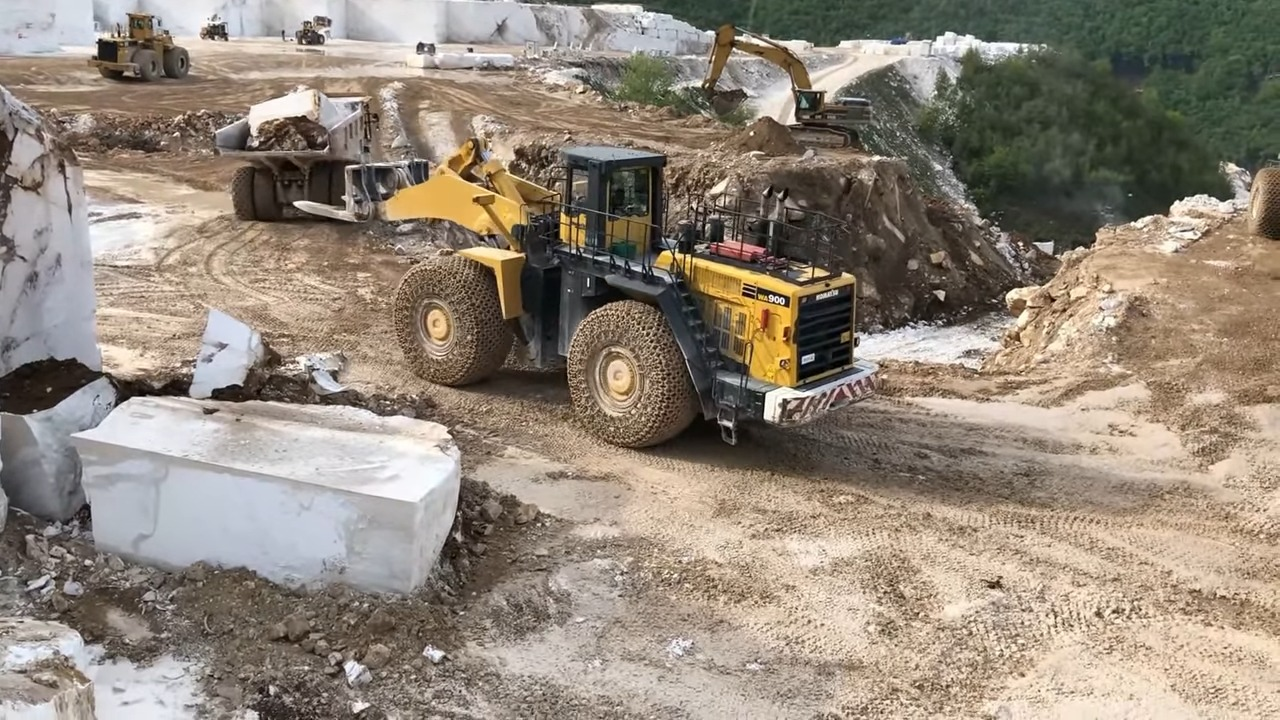Choosing The Right Rental Company For Construction Equipment
Meta Description: The right heavy equipment rental company is crucial for a successful construction project. Consider reputation, equipment quality, rental terms, customer support, and cost.
Whether you need equipment for a construction project, landscaping job, or pipeline maintenance, renting is often a practical option for businesses. This article provides a comprehensive overview of key factors when renting heavy machinery.
It examines popular equipment types, tips for finding a reputable rental company, and best practices for making the most of your rental. The aim is to help businesses make informed choices.
Key Takeaways:
- Consider a rental company’s reputation, equipment quality, maintenance programs, and customer service.
- Evaluate flexible rental terms, rates, and additional fees to budget project costs accurately.
- Compare equipment selection, specifications, and technologies for the right job tools.
- Thoroughly assess customer support and onsite services and issue resolution response times.
- Rentals may provide long-term cost savings versus ownership when factoring in total expenses.
Factors to Consider When Choosing a Rental Company
Here are some common factors to consider when choosing a rental company, including
Reputation and Reliability
When selecting an equipment rental company, it’s essential to consider its reputation within the construction industry. A strong track record demonstrates a history of reliable performance on projects. Referrals from other construction companies regarding their experience working with various rental companies provide valuable insight.
Positive reviews highlighting how reputable rental companies helped complete construction projects on time and within budget through dependable, well-maintained equipment can help ensure the rental equipment and services received to meet the needs of your specific construction project.
Equipment Quality and Selection
Equipment quality is important when choosing the right rental company for construction equipment.
Importance of high-quality and well-maintained rental equipment
Proper maintenance is crucial to the quality and performance of rental equipment. Contractors rely on rented equipment to be reliable and productive to complete construction jobs efficiently.
Look for a rental company that employs qualified technicians and implements thorough maintenance programs to ensure their fleet remains in top operating condition. This guarantees equipment functions effectively with minimal downtime, helping contractors stay on schedule and budget.
Range of equipment options available
Consider companies offering diverse selections of rental equipment suited for various construction needs, from earthmoving to pipelaying. Evaluating excavators, loaders, cranes, and other heavy machinery by size, manufacturer, fuel type, and features supports selecting the right tools.
Comparing available equipment models, technologies, and accessories determines if a rental company can meet job specifications and adapt to different projects/tasks. Access to a wide inventory gives contractors the flexibility to finish jobs while controlling costs efficiently.
Rental Terms and Conditions
Rental terms and conditions of a company are also an important factor.
Analysis of rental agreements, terms, and conditions
Reviewing rental agreements details terms, conditions, and processes contractors can expect. Look for flexible rental periods aligned with project schedules through daily, weekly, or monthly equipment rental options.
Consider payment plans, such as the ability to pay invoices for rented equipment and services online or with a monthly rental contract, giving small businesses control over cash flow.
Flexibility in rental periods and payment options
Ideally, the rental company offers flexibility to postpone or extend equipment rentals if job timelines shift. This ability to modify rental periods supports on-time project completion within budget. Evaluating payment options helps determine if costs can be controlled through versatile rental agreements.
Additional fees, insurance, and liability considerations
Transparency regarding additional fees like delivery or pick-up services, fuel charges, repairs, and maintenance costs is important. Clarifying included insurance coverage and liability issues establishes expectations if incidents occur with rented equipment onsite.
Addressing these contractual components establishes expectations and minimizes surprises that could delay construction progress or increase budgets.
Customer Support and Service
When issues inevitably arise on job sites, quick responses save valuable time and money. Evaluate rental companies providing readily available customer and technical support through multiple contact methods.
Responsive representatives promptly addressing questions or problems with rented equipment help contractors stay on schedule and control costs.
Availability of maintenance and repair services
Consider companies offering onsite or local maintenance/repair services performed by factory-trained technicians. This ensures minimum downtime for rented machinery needing servicing. Access to maintenance support keeps equipment availability high.

Cost and Value
Carefully consider equipment rental costs and assess the value received. Compare pricing structures such as hourly, daily, weekly, or monthly rates among rental companies. Consider total project costs and long-term savings when evaluating equipment rentals versus ownership.
Look for transparent pricing inclusive of additional fees to budget costs accurately. Competitive rental rates and flexible payment options help small construction businesses control cash flow.
Comparison of pricing structures
Evaluate companies with competitive rental rates and packages for versatile equipment pieces. Compare total project rental estimates factoring in potential cost savings from volume discounts or bundled services. This determines the most cost-effective rental processes.
Financial Benefits and Long-term Cost Analysis
Assess potential long-term cost control from renting versus owning machinery with high maintenance/operating expenses. Financial planning determines if rentals provide the best value for scheduled projects over time.
Thoroughly assessing costs supports selecting the rental company and agreements delivering the greatest value and budget predictability for construction jobs.